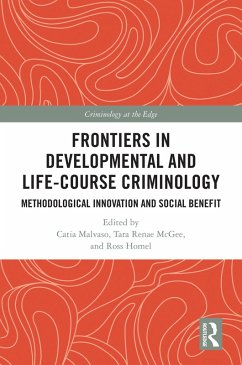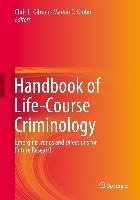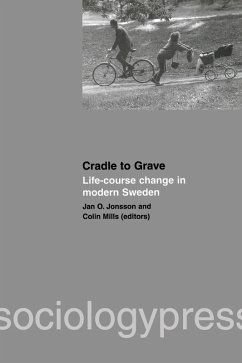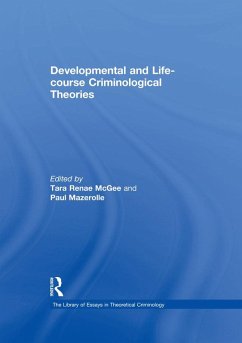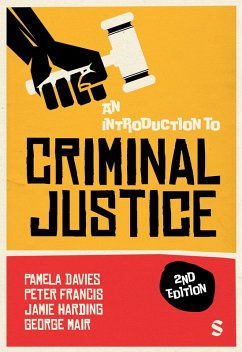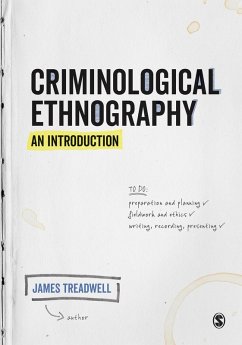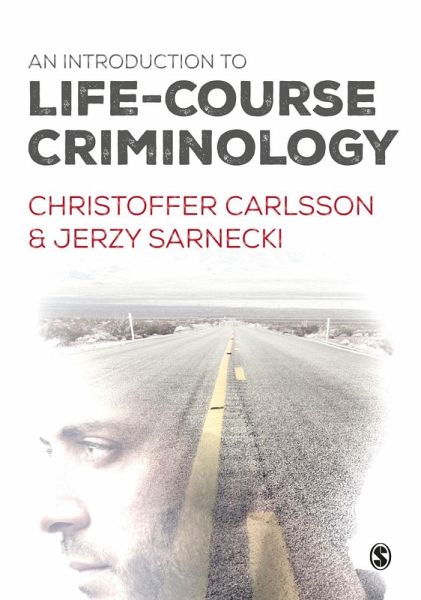
An Introduction to Life-Course Criminology (eBook, PDF)
Versandkostenfrei!
Sofort per Download lieferbar
32,95 €
inkl. MwSt.
Weitere Ausgaben:

PAYBACK Punkte
16 °P sammeln!
Most people engage in crime at some point in their lives, but why does almost everybody stop soon after? And, why do a small number of offenders persist in crime? These two questions constitute the core of the field often known as life-course criminology.This book provides a comprehensive introduction to life-course criminology. It covers the dominant theories and methodologies in the field and equips you with all you need to succeed in your studies on the subject. The book: Discusses the methodologies of life-course and longitudinal research Explains and critiques the major theories of life-...
Most people engage in crime at some point in their lives, but why does almost everybody stop soon after? And, why do a small number of offenders persist in crime? These two questions constitute the core of the field often known as life-course criminology.
This book provides a comprehensive introduction to life-course criminology. It covers the dominant theories and methodologies in the field and equips you with all you need to succeed in your studies on the subject. The book:
Written by two leading figures in the field, this is an authoritative text that will guide you through your studies in life-course criminology, criminal career research, and developmental criminology.
This book provides a comprehensive introduction to life-course criminology. It covers the dominant theories and methodologies in the field and equips you with all you need to succeed in your studies on the subject. The book:
- Discusses the methodologies of life-course and longitudinal research
- Explains and critiques the major theories of life-course criminology
- Considers the issues of risk, prediction, onset, persistence and desistance of criminal activity
- Draws on research from studies in Europe, the UK, US and Australia, including the Stockholm Life-Course Project
Written by two leading figures in the field, this is an authoritative text that will guide you through your studies in life-course criminology, criminal career research, and developmental criminology.
Dieser Download kann aus rechtlichen Gründen nur mit Rechnungsadresse in A, D ausgeliefert werden.




